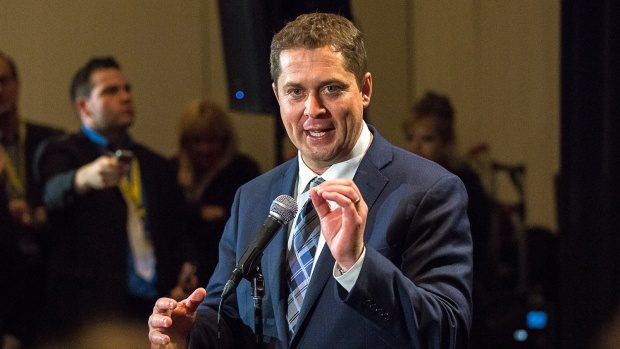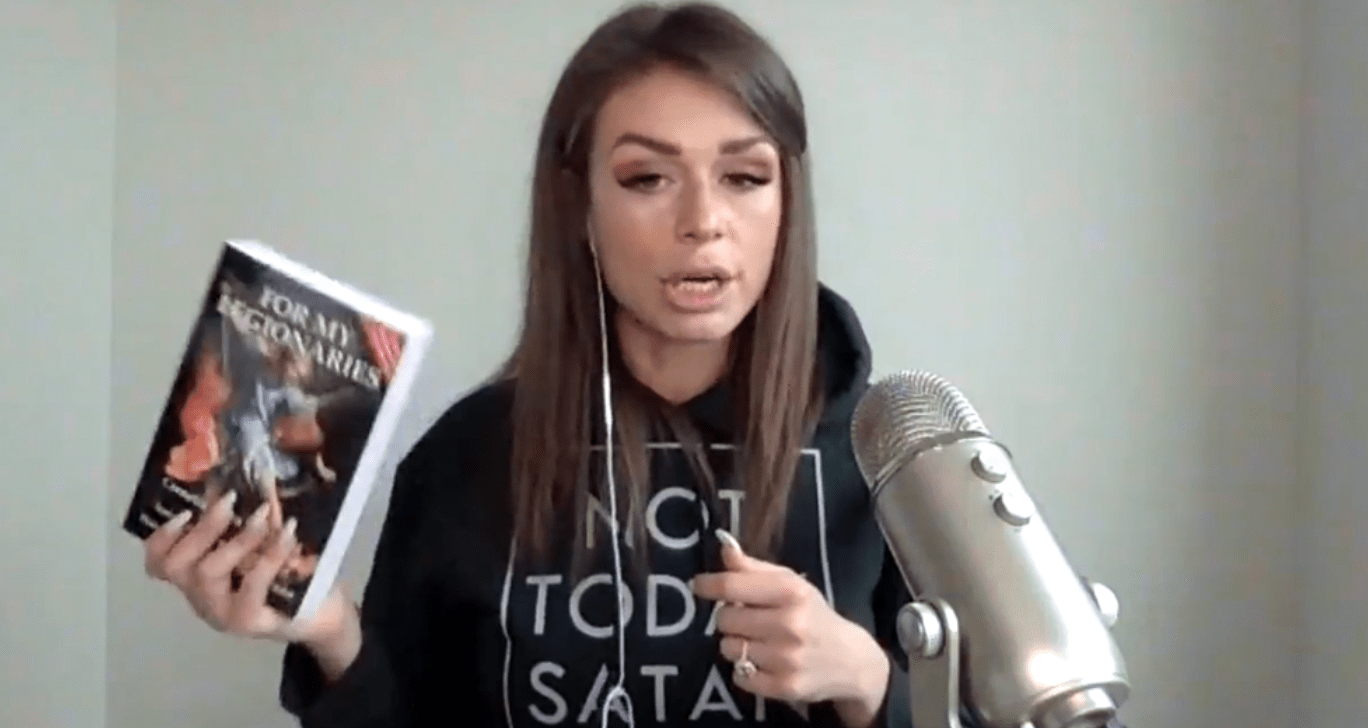There are two interesting things about the list of policy resolutions to be debated at this month's Conservative Party convention in Halifax. The first is that it was released on a Friday, which is usually what happens to information that the source would rather have people ignore. The second is that, based on several of the resolutions themselves, the party grassroots may be eager for a more free-market agenda than its leaders have offered. It's a promising sign for when the Tories are finally ready to be something more than the Stephen Harper Was Right Party.
Oh, there's some nonsense in there, too. Four resolutions call for new or renewed boutique tax credits. One calls for a national strategy, typically a Liberal Party fallback. There are some valiant new attempts at pro-life resolutions, despite the party's allergy to the word "abortion." But those are too predictable for further detail. Instead, let's review the highlights:
Tax code simplification: Two Alberta EDAs, Calgary Centre (currently held by Liberal Kent Hehr) and Sherwood Park—Fort Saskatchewan (Conservative, Garnett Genuis), call for "a simplified and understandable Income Tax Act." But while the second only calls for an independent review of said Act, the first specifies a preference for "broad-based tax reductions" and supports removing "tax expenditures such as deductions and credits." Expect the second to be the one that passes; to reduce tax expenditures would be to deprive the Tories of their not-so-secret sauce.
Regional economic development: This one comes to us from a pair of Quebec ridings, Richmond—Arthabaska (Conservative, Alain Rayes) and Mégantic—L'Érable (Conservative, Luc Berthold), and calls for regional development agencies to be "depoliticized." In the next sentence, however, they call for the creation of new ministers for "different development, diversification and economic promotion agencies for the regions of Quebec, Western Canada, the North, and Southern and Northern Ontario." Wouldn't that be the very opposite of depoliticization?
Heavily regulated industries: A resolution from Vancouver Centre (Liberal, Hedy Fry) calls for increased competition in airlines, banking, and telecom. Another one from Abbotsford (Conservative, Ed Fast), goes one step further and calls for relaxing foreign ownership restriction in these industries, provided that "companies which are vital to Canada's national security and economic interests" are protected. You can guess how many companies in those industries will suddenly be hailed as a vital part of Canadian culture once someone from overseas makes an offer.
Supply management: Carleton (Conservative, Pierre Poilievre) and Red Deer—Lacombe (Conservative, Blaine Calkins) teamed up for this one, which calls for supply management in agriculture to be phased out with some financial assistance for farmers. This resolution is one you'll want to keep your eye on, because 2018's convention comes after a leadership contest that was essentially decided based on opinions of supply management. What will leader Andrew Scheer do if it turns out that the party no longer favours the system that he embraced for the sake of his win?
Pornography: From Thunder Bay—Rainy River (Liberal, Don Rusnak), this resolution describes pornography as a "public health risk" and calls for a full-bore education and prevention campaign to shield Canadians from its "harms." Not child porn, not revenge porn, not non-consensual porn just porn, period. The Tories have had their Helen Lovejoy moments in the past, but there's no way they're going to be the party that tried to put a run on your spank bank.
Interprovincial relations: One from Edmonton Strathcona (NDP, Linda Duncan) calls for eliminating restrictions on liquor. Two more comprehensive resolutions from Kamloops—Thompson—Cariboo (Conservative, Cathy McLeod) call for the provinces to eliminate all trade barriers and harmonize regulations and occupational certifications. Since nobody actually seems to like these barriers except for rent-seeking provincial governments, this will likely pass.
Corporate welfare: A resolution from Carlton Trail—Eagle Creek (Conservative, Kelly Block) changes "reducing" in the current text on federal business subsidies to "eliminating" and more explicitly condemns efforts to "pick winners and losers." Much like tax expenditures, Tories will likely be hesitant to let those efforts go completely, however much they should.
Free speech: Coming from Hamilton West—Ancaster—Dundas (Liberal, Filomena Tassi), one of three resolutions calling for a condemnation of "compelled speech" also calls for the repeal of "'gender identity' legislation which compels Canadians to utter made-up pronouns like 'ze' and 'zir'." Read the legislation to which this resolution's authors are most likely referring and tell me forced pronouns are part of it. I think you'll be pleasantly surprised.
Written by Jess Morgan







